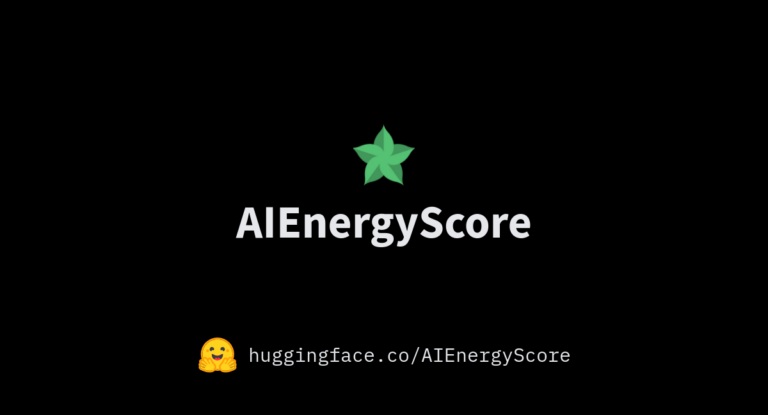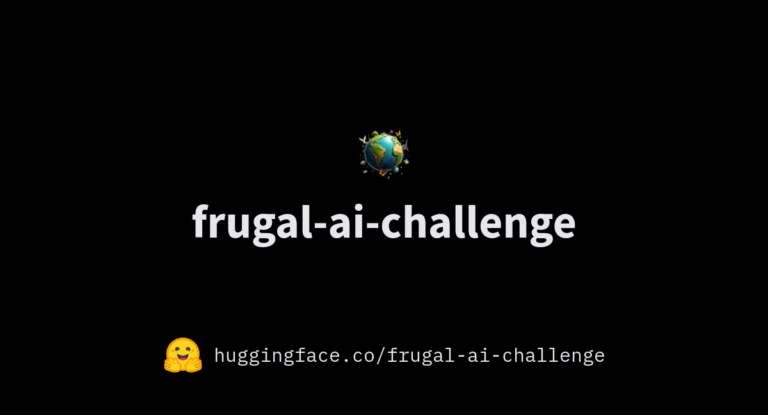Inventory of reports on Sustainable AI
Discover a selection of reports on sustainable AI published by our members. This page brings together publications essential to understanding advances, challenges and best practices in the design, use and environmental impact of artificial intelligence.
Opinions expressed in these reports are those of the issuing organization and do not necessarily reflect the views of the members of the Coalition.
List of key readings
Sustainable Procurement Guidelines for Data Centres and Servers
UNEP’s U4E developed these Guidelines to support government institutions and procurement authorities to establish clear, measurable criteria for improving the energy efficiency of both new and existing data infrastructure. The recommendations are based on key performance indicators such as power and water usage effectiveness, IT equipment efficiency, and cooling performance.
Frugal AI: Introduction, Concepts, Development and Open Questions
This report provides a comprehensive overview of Frugal AI, emphasizing its role in promoting cost-effective and sustainable innovation within resource-constrained environments. It explores the environmental impact of AI technologies, the importance of optimizing AI systems for efficiency and accessibility, and discusses various strategies and open questions related to the development and implementation of Frugal AI.
ICT energy evolution: Telecom, data centers, and AI
A detailed analysis of the ICT sector’s electricity consumption, highlighting that while data traffic has grown exponentially, energy use has increased only modestly due to efficiency improvements, with future growth influenced by AI developments.
Energy and AI
This report aims to fill this gap based on new global and regional modelling and datasets, as well as extensive consultation with governments and regulators, the tech sector, the energy industry and international experts. It includes projections for how much electricity AI could consume over the next decade, as well as which energy sources are set to help meet it. It also analyses what the uptake of AI could mean for energy security, emissions, innovation and affordability.
Semiconductor Emission Explorer: Tracking Greenhouse Gas Emissions from Chip Production (2015-2023)
Analysis of greenhouse gas emissions from global chip manufacturers between 2015 and 2023, highlighting key trends and the need for improved reporting standards.
Artificial intelligence, data, computation: what infrastructure for a low-carbon world?
An interim report exploring the environmental impact of AI and data centers, focusing on energy consumption and carbon emissions.
Artificial Intelligence and electricity: A system dynamics approach
A detailed examination of how artificial intelligence affects electricity consumption, exploring various scenarios and sustainability implications.
Navigating AI’s Thirst in a Water-Scarce World: A Governance Agenda for AI and the Environment
A report highlighting the significant water and energy demands of AI and data centers, and emphasizing the urgent need for holistic environmental disclosure and governance to mitigate risks to ecosystems and communities in a context of global water scarcity.
Artificial Intelligence for Climate Action in Developing Countries: Opportunities,
Challenges and Risks
This information note has been prepared by the Technology Executive Committee (TEC) as part of the TEC rolling workplan 2023-2027. It provides an overview of the opportunities, risks and challenges of using artificial intelligence (AI) for climate action in developing countries, with a focus on least developed countries (LDCs) and small island developing States (SIDS).
Green Data Centers: Towards a Sustainable Digital Transformationties,
Challenges and Risks
This joint report by ITU and the World Bank provides a comprehensive framework for policymakers and practitioners to design, operate, and procure climate-resilient and environmentally sustainable data centers, with a strong focus on energy efficiency, renewable energy, sustainable design, and lifecycle management, particularly in low- and middle-income countries.
Smarter, smaller, stronger: resource-efficient generative Al & the future of digital transformation
This report explores the dual role of artificial intelligence in environmental sustainability. While AI offers immense potential for reducing environmental impact through resource optimization and climate modeling, the rise of generative AI poses urgent challenges in terms of the consumption of energy, water and critical minerals. The report highlights the need to design AI systems “clean by design”, integrating energy and resource efficiency from the outset.
Measuring What Matters: How to Assess AI’s Environmental Impact
The report offers a comprehensive overview of current approaches to evaluating the environmental impacts of AI systems. The review focuses on identifying which components of AI’s environmental impacts are being measured, evaluating the transparency and methodology soundness of these measuring practices, and determining their relevance and actionability.
Artificial Intelligence for Climate Action:
Advancing Mitigation and Adaptation in Developing Countries
This technical paper offers a comprehensive overview for policymakers, practitioners, and researchers navigating opportunities, challenges, and risks of the use of AI for climate action in developing countries, with a focus on LDCs and SIDS as these countries face unique vulnerabilities to climate change. AI driven solutions can become potential enablers for adapting to climate impacts and reducing GHG emissions. However, risks and challenges also exist, which need to be addressed for the effective and sustainable use of AI in climate action.
Please find a comprehensive list of key papers for decision-makers
on the environmental sustainability of AI by visiting our dedicated page.








